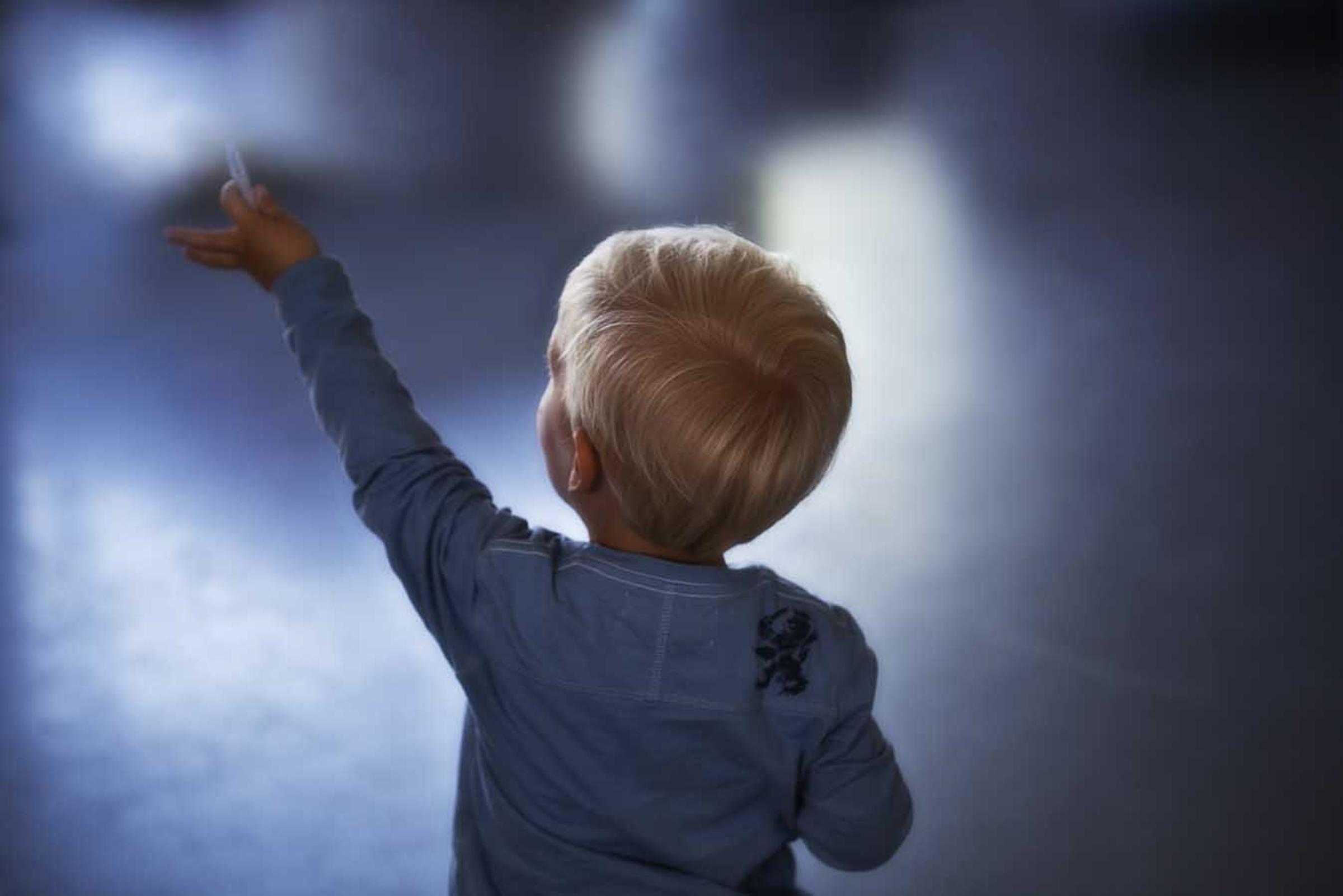
Wellbeing
Twilight Community Market
We are still looking for more stalls for our SFS community market this year. If you or anyone you know has a small business they would like to promote, please fill out the expression of interest forms which you can get from the school office or by contacting me rlenko@sfslynbrook.catholic.edu.au
We are also looking for some donations of prizes that we can use to raise money for the school. Profits from the market are going towards the upkeep of the school community garden. Let’s make it the biggest and best market ever!
BeYou
BeYou is a resource for educators that promotes the mental health of all members of the school community, students, parents and teachers. This week’s fact sheet from the BeYou website is all about respecting diversity.
Respecting diversity
Early childhood is the time when children first become aware of differences among people and start to form opinions and attitudes about these differences.
Young children are naturally curious about differences
One of the ways they make sense of their world is to sort things into different categories and focus on one thing at a time – for example, whether another child has the same or different skin colour to them. Children do this to organise their experiences.
Awareness of differences also means young children are sensitive to experiences of racism and prejudice. This can impact on their social and emotional wellbeing, their learning and their social relationships. Their ideas about and responses to diversity are influenced by what they see and hear around them.
Helping all children and young people understand difference encourages them to feel good about who they are, where they fit in the world and appreciate diversity in others. It helps to build strong, inclusive communities where everyone enjoys a sense of being valued and belonging, which supports positive mental health.
mConnect with Wellsprings for Women Veggie Garden group
This week at our M Connect garden group we had 2 parents participate in the garden workshop. We still need a few more parents to participate in the group. The parents that came learnt about how to plant broad beans and were enthusiastic to go home and plant some. Unfortunately, we have had to put the group on hold until after covid restrictions lift.
Please email me on rlenko@sfslynbrook.catholic.edu.au if you are interested in being part of the group or would like to be involved.
The Resilience Project
At SFS, we are a partner school with the Resilience Project. The key principles of the Resilience Project are Gratitude, Empathy, Mindfulness and Emotional literacy. For more information, go to the Resilience Project website. There are some activity ideas on the TPR at home website.
INSIGHTS Anxiety requires understanding
The following article is taken from the parenting ideas website resource and written by Michael Grose. Michael Grose, founder of Parenting Ideas, is one of Australia’s leading parenting educators. He’s an award-winning speaker and the author of 12 books for parents including Spoonfed Generation, and the bestselling Why First Borns Rule the World and Last Borns Want to Change It. Michael is a former teacher with 15 years experience, and has 30 years experience in parenting education. He also holds a Master of Educational Studies from Monash University specialising in parenting education.The recent rise in childhood and adolescent anxiety and its acceleration during COVID-19 has worried parents and teachers.
Many ask how they can assist kids when they become anxious about seemingly routine events such as attending school camps and excursions, tackling difficult subjects, or facing the prolonged absence of a favourite teacher. Typical responses such as ignoring their worries or encouraging them to ‘get on with it’ are unhelpful. Allowing a child to avoid an activity that makes them anxious is another unhelpful option. Avoidance may help kids feel safe in the short term, but it risks the establishment of a long-term pattern that can be impossible to shift.
Regardless of the source every child and young person needs an adult in their life that understands them when they are anxious. It may make little sense that an activity makes a child anxious, you just need to understand that they are anxious. They need someone to witness their anxiety without dismissing or ignoring their feelings.
Anxious kids frequently look to parents and teachers for reassurance when they feel anxious. This shows in many ways, including kids continually seeking the opinion of others, wanting parents or teachers to make decisions for them, and continually asking for praise. Adults don’t have to fix kids’ problems, but we do have to understand they are anxious. The use of ‘Ahhhh’ statements to validate how an anxious child is feeling, is a practical way to show that you are trying to understand them. It’s also a great way to help a child develop a more nuanced emotional vocabulary. Here are some examples: ‘Ahhhh, you’re feeling anxious about going to school camp . . .’ ‘Ahhhh, you’re having one of those “I might mess it up” thoughts . . .’ Each child’s anxiety is unique.
The first and most important response from an adult is to show a child that you ‘get’ that they are anxious. Having someone understand that they are anxious is an enormous relief, particularly if they haven’t been taken seriously in the past. Sitting alongside a child who feels anxious is an underestimated act of compassion that makes a huge difference to their immediate emotional state.
If you have any concerns about the well being of your child, please do not hesitate to speak to me, especially during the lock down period. Some children find it really hard to cope with remote learning. I am happy to have some one on one google meets with children if they are needing some extra support.
Rachel Lenko
Student Wellbeing
rlenko@sfslynbrook.catholic.edu.au

